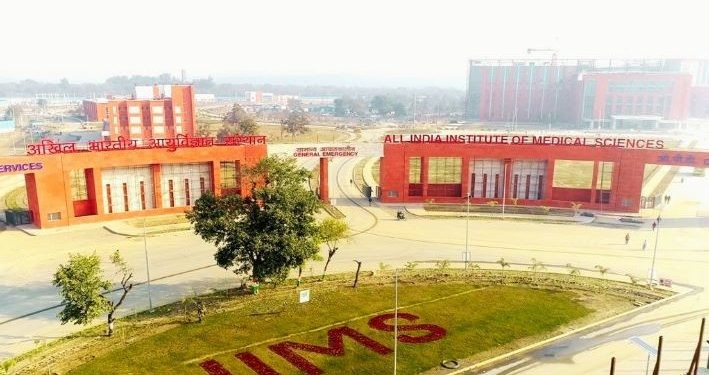Bhubaneswar, May 28 (UNI) Artificial Intelligence (AI) is poised to revolutionise the early diagnosis and management of thyroid disorders in India, according to Dr Ashutosh Biswas, Executive Director of AIIMS Bhubaneswar.
Dr Biswas emphasised the increasing role of AI in personalised medicine, particularly for hypothyroidism, which affects approximately one in ten adults in the country.
“AI will aid in early diagnosis, monitor disease progression, and support outcome-based treatment, especially benefiting patients in rural and underserved areas,” he stated.
Hypothyroidism is three times more common in women than in men, and nearly 33 per cent of cases remain undiagnosed.
If left untreated, the condition can adversely affect vital organs such as the heart, brain, kidneys, liver, intestines, and the reproductive system, Dr Biswas warned.
In children and infants, it may lead to stunted growth, obesity, developmental delays and poor academic performance, he added.
The Department of Endocrinology, Diabetes & Metabolism at AIIMS Bhubaneswar treats over 500 thyroid-related cases each month.
Dr Biswas noted that the department offers comprehensive care for conditions such as congenital and autoimmune hypothyroidism, Graves’ disease, benign thyroid swellings, and thyroid malignancies.
Dr Kishore Kumar Behera, Head of the Department, highlighted the use of a multi-disciplinary approach involving biochemical investigations (TSH, free T4, free T3), high-resolution ultrasound, CT scans, and nuclear imaging techniques (whole body iodine scan, Technetium pertechnetate scan).
He also noted that patients have access to osteoporosis and sarcopenia screening using dual-energy X-ray absorptiometry, as well as clinical dietary services for personalised nutritional care.
To mark World Thyroid Day, the Departments of Endocrinology and Nuclear Medicine at AIIMS Bhubaneswar organised an awareness programme to educate the public about the importance of early detection of thyroid disorders and the emerging role of AI.
Speakers emphasised that early diagnosis and timely treatment can help prevent serious complications such as myxedema coma, pericardial effusion, heart failure and even death.





